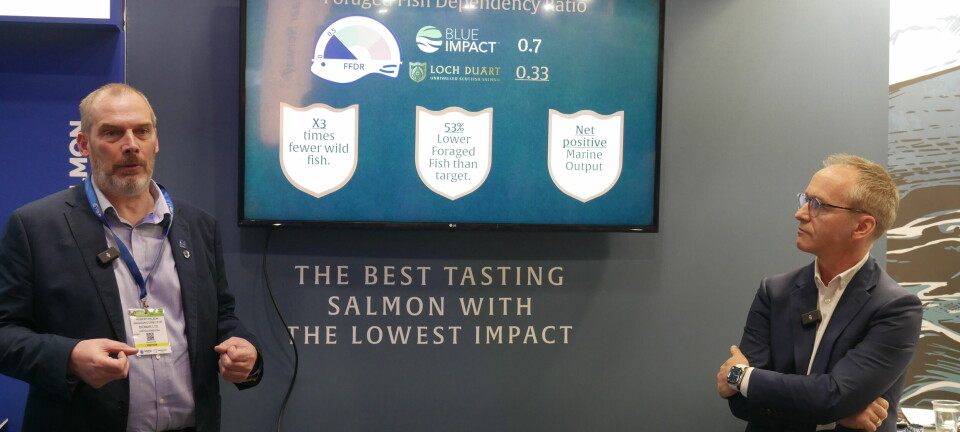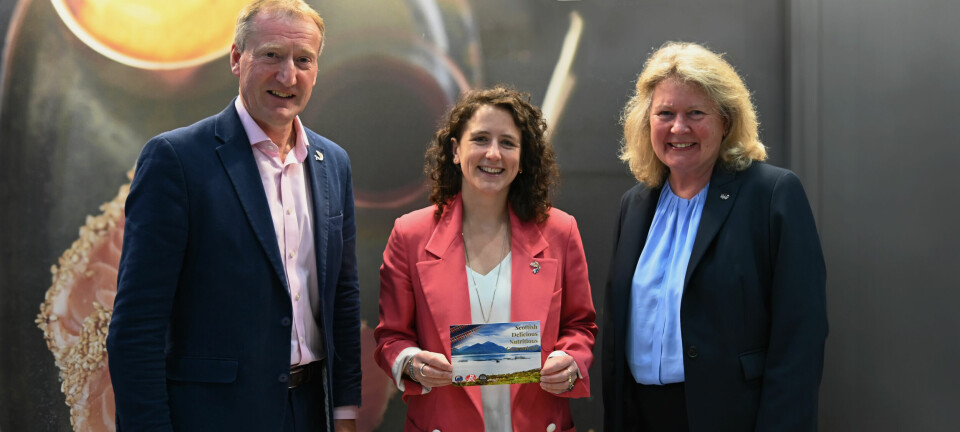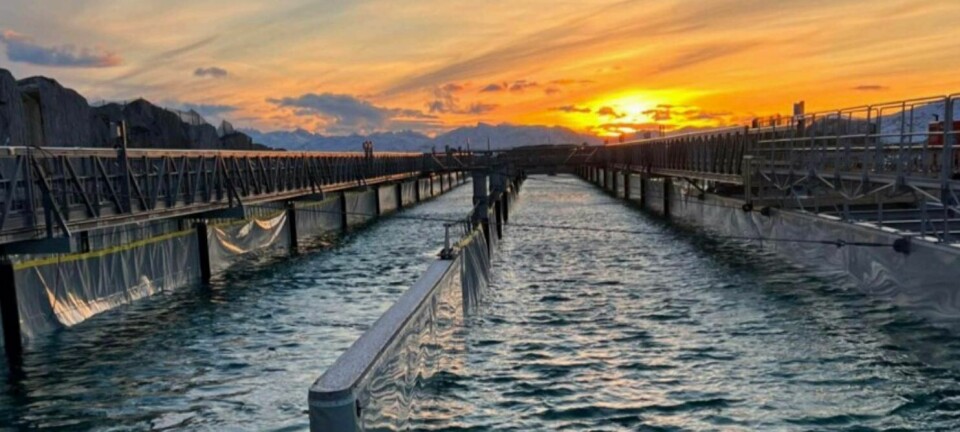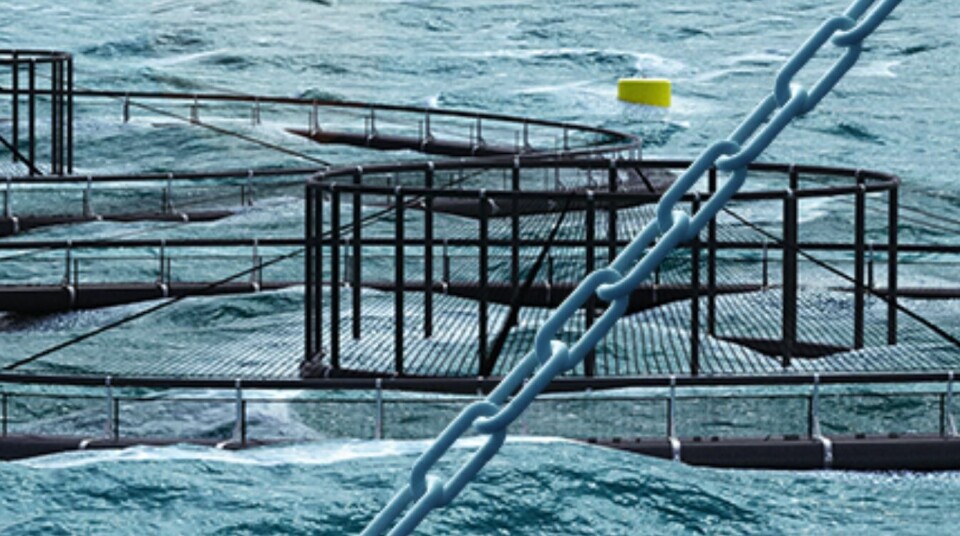
Rigging supplier bids to give US AQUAA Act a lift
The Crosby Group, which owns aquaculture hardware supplier Gunnebo Industries, has put its weight behind the cross-party Advancing the Quality and Understanding of America Aquaculture (AQUAA) Act recently introduced to the US Senate.
The Act is sponsored by Republican senators Roger Wicker (Mississippi) and Marco Rubio (Florida), and Democrat senator Brian Schatz (Hawaii). It proposes a balanced framework for the development of offshore aquaculture in the United States with a process to further grow coastal economies while minimising environmental impact.
“The Crosby Group has a long history of delivering rigging and mooring solutions for the aquaculture industry,” said the company’s chief executive, Robert Desel.
“We are greatly encouraged by bipartisan activity in this space to drive US aquaculture forward in a safe and sustainable way.”
Challenging conditions
The Crosby Group, which describes itself as the global leader in lifting, rigging and material handling hardware, provides a range of chain, shackles and mooring components specifically designed for the aquaculture market through its Gunnebo Industries brand.
“We look forward to working with the industry to enable sustainable, safe, and efficient operations in the US that can withstand the most challenging offshore operating conditions,” said Desel.
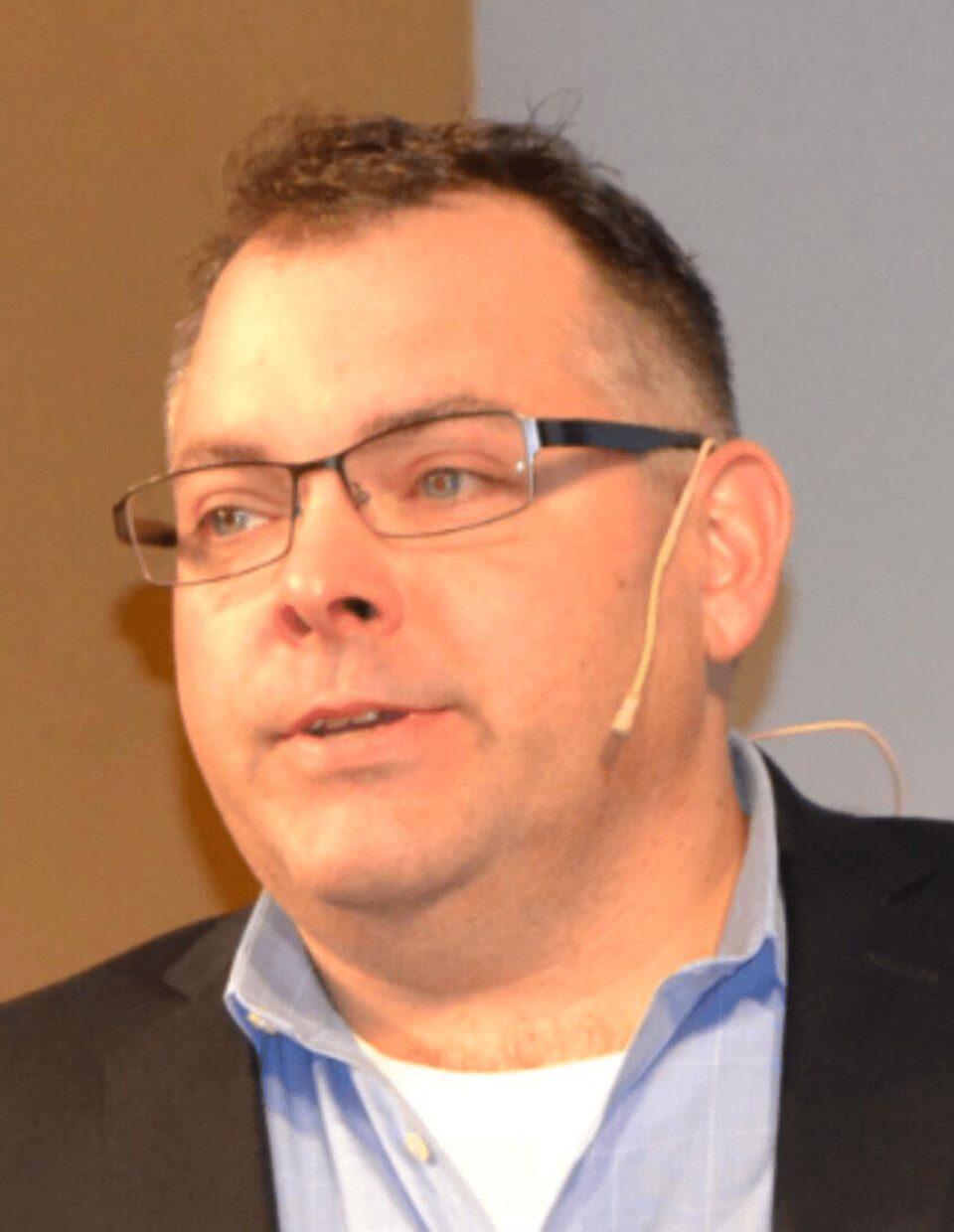
Critical protein source
The Senate bill is opposed by environmental NGO Friends of the Earth but has been broadly welcomed by the World Wildlife Fund.
“WWF appreciates the significant effort that has gone into the introduction of the AQUAA Act, which puts forth a foundation for US aquaculture research and production,” said Dr Aaron McNevin, WWF’s global lead of aquaculture, food, in a statement on Monday.
“Aquaculture provides a critical protein source for a growing population. We believe that well-managed and regulated aquaculture is necessary to help feed people and relieve the extreme burden on our ocean’s fisheries.”
Social licence
McNevin said the bill was a step in the right direction, including setting a first-of-its-kind standard for aquaculture feed. But to get this right, there needed to be clear definitions that ensure the species cultured are native or established, that there are good criteria for sustainable wild-caught feed ingredients and that terrestrial feed ingredients are conversion-free.
“User conflicts often exist in near-shore aquaculture operations because of both perceived and real impacts of aquaculture,” added McNevin.
“If the US can learn from the global challenges that aquaculture has faced and not repeat the same mistakes, exposed ocean aquaculture in the US could assist the industry’s challenge with a clear social licence to operate.
“It is also important to note that some forms of aquaculture – seaweeds and molluscs – can provide ecosystem services, such as capturing carbon and nutrients that accumulate in the oceans and converting them to food biomass.
“We look forward to working with the Senate and the House to build in the types of precautions necessary to get program design and implementation right for people and nature.”
